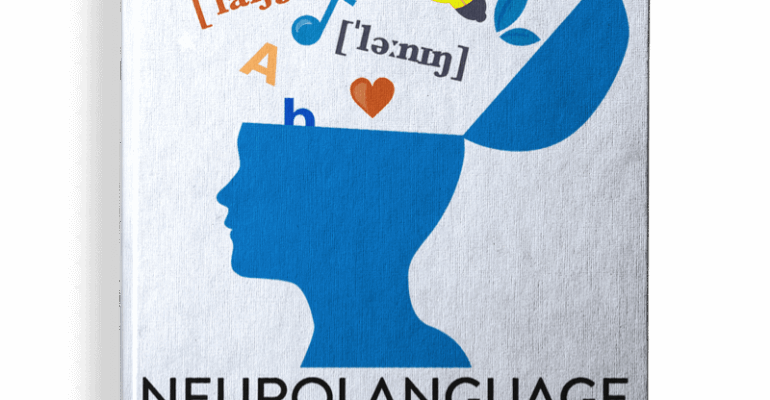Analysing the ‘Bigger Picture’: UGHE Hosts Student One Health Photo Challenge
December 16, 2020 2020-12-16 13:00Analysing the ‘Bigger Picture’: UGHE Hosts Student One Health Photo Challenge
The clear interconnectedness between the environment, animals and the activities and health of people has never been so stark. The COVID-19 pandemic, suspected to have originated from a bat and transmitted through an animal market in Wuhan, China, has presented a pressing need to approach global health problems in a broad, interdisciplinary way. And this is not new. Multiple global health challenges, such as the 2002-2003 Severe Acute Respiratory Syndrome pandemic, have been scientifically attributed to human interaction with wildlife.
Prompted by these emerging and re-emerging infectious diseases and their potential impact on socio-economic growth, Rwanda as a country has, long before the crisis hit, recognized the value in embedding One Health into its way into its approaches to health interventions and delivery. UGHE, through its dedicated Center for One Health, has similarly recognized itself as part of the solution; embedding One Health principles into all cross-cutting curricula, and offering practical, field-based learning to show students first-hand the links between animal, environmental and human health.
‘One Health differs from other approaches to health as it considers the integrative effort of multiple disciplines working locally, nationally and globally to achieve optimal health for animals, the environment and humans.’ — Dr. Phaedra Henley , Chair of the Center for One Health.
Held this year on 3rd November, One Health Day is an international event designed to bring attention to the need for integrated health solutions that involve people, animals, and the environment. Worldwide, individuals and academic institutions plan activities that engage students and the public from different disciplines to exchange information and inspire a paradigm shift towards holistic and collaborative ways of living and working. This year, UGHE celebrated the day through a global, cross-disciplinary virtual event for students from the University of Rwanda, UGHE, and Western University, with the aim of inspiring a holistic understanding of the principles of One Health, learn about One Health core concepts, and take part in UGHE’s One Health Photo Challenge.
Using PhotoVoice techniques, a participatory research method involving communities documenting their lived experiences through visual means, the One Health student groups were tasked with tackling a provocative One Health conundrum (identifying a wicked problem in their respective communities) and explaining it through a single photograph. The submissions, presented back by each student group in a special follow-up session facilitated by the Center of One Health, showed striking interconnectivity between these different aspects of health, and provided, within notably different country settings, a platform to consider innovative solutions and identify changes that will have a health impact.
We are delighted to announce the students from Western University as the winners of UGHE’s One Health Photo Challenge. You can find their submission, alongside all other student contributions below.
Photo by: Students from the University of Rwanda Student One Health Initiative Club (SOHIC)
Key Contributors: Gatsinzi Protais, Florentine Uwineza, Wellars Habakurama, Tuyisenge Clement Mwihevyi Kenny, Uwamahoro Fabien, UWERA Aliane, Jolie Silene Uwingabiye, Umukunzi Placidie.
Explanation: This picture depicts community members fetching water that has been polluted by livestock. Livestock grazing harms the environment which, ultimately, results in desertification. Malaria prevalence is also very high in these regions as a result.
Photo by: Students from Western University
Key Contributors: Olga Nova, Natasha Weppler, Gemma Postill, Paige Norina Callaghan, Rachael Grove, Pema Khando, Vanessa Marie Nichols,. Jacklyn Theresa Marshall , Chikaodili Obetta Ava Chaplin
Explanation: Discarded sharps containers and used needles are left scattered in a secluded section of railway track in London, Ontario.
Photo by: UGHE’s MBBS/ MGHD ‘25 and ‘26 Students
Key Contributors: Anaise Bienvenue Nisingizwe, Benithe Himbazwa, Rosine Ikuzwe Shabe, Axel Shimwa, Nelly Numumaro
Explanation: Too much rainfall due to climate change has caused a landslide here, which in turn has endangered the life of a vulnerable woman, along with her domestic animals and the plants growing on that land.
Photo by: UGHE MGHD Alumni
Key Contributors: John Bosco Kamugisha, André Ndayambaje, Isano Sandra
Explanation: They all need the same care to exist, violence one affects the other.
***
Find out more about UGHE’s emphasis on One Health here.












